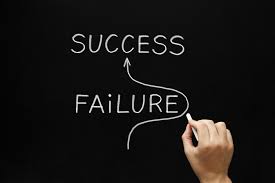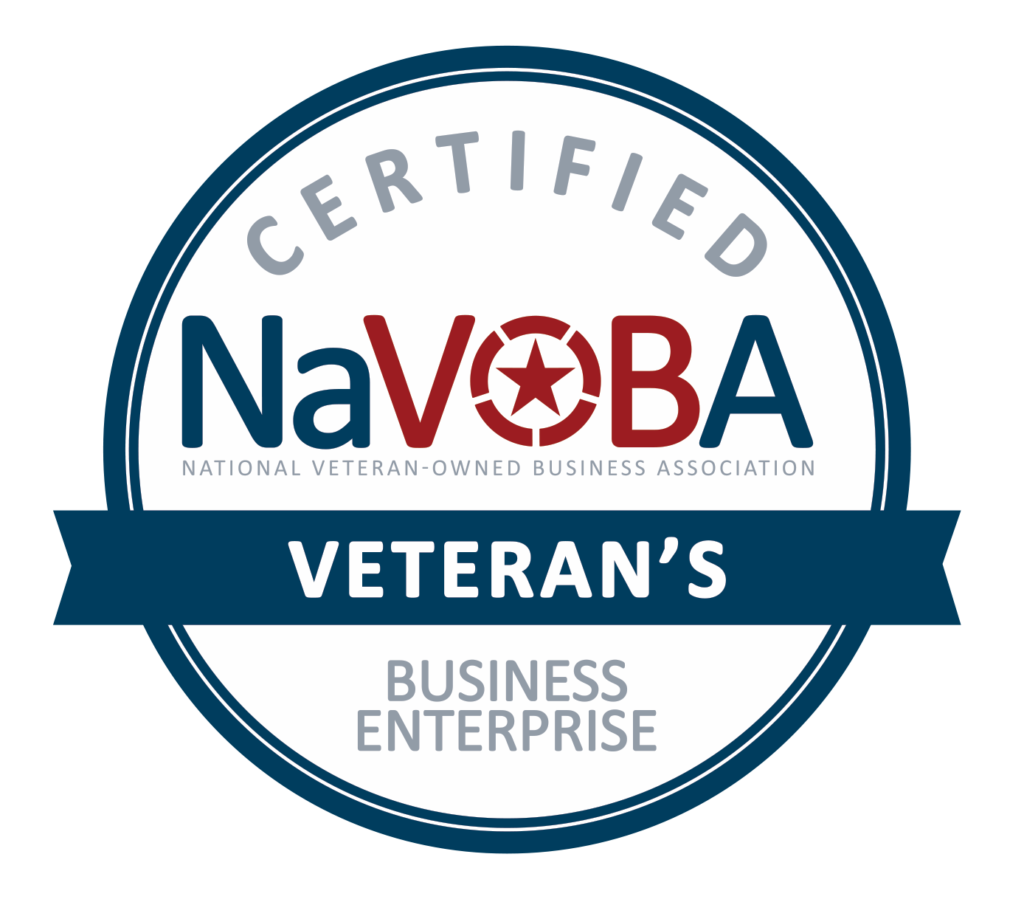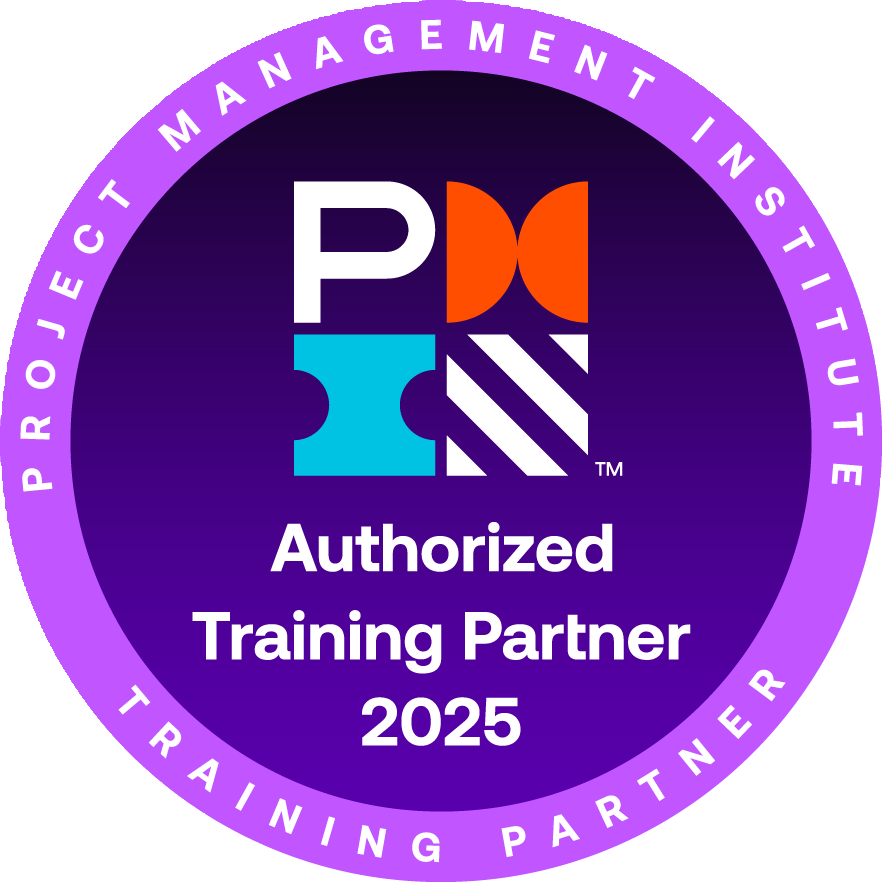
Motivating an entire team toward an overarching purpose is the art of leadership. Employees and coworkers can be directed to satisfy the company’s needs by directing them with a strategy. If you want to be a great leader in today’s corporate field, you must be able to respond to difficulties with intelligence, strategy, and expertise at any given time. The capacity to lead through change, drive performance, and develop a people-first culture of engagement and accountability is critical to the success of a business.
Leaders frequently set the course for their organizations in order to attain their goals and objectives. Employees’ attitudes and behaviors are influenced by their leaders. Great leaders are self-assured and confident in their roles. As a result, they are able to build strong relationships with their staff and inspire them to succeed. They ensure that their employees have the resources they need to execute their jobs and achieve their personal objectives. Staff members are challenged and held accountable, but they are also held liable when the team fails.
So, what is it about outstanding leaders that makes them so hard to come by? It’s not that most managers lack the ability to serve as effective leaders. Many new leaders lack the training they need to succeed in their new positions. Most organizations’ visions, principles, and strategies call for managers to be provided with information on how to better accomplish the goals of their organizations. As a result, managers will fail to have the influence and effectiveness they desire if they do not address these skills and talents. As a result, leaders will be one step closer to achieving the organization’s goals if they receive training.
Cost of Poor Leadership
Employee turnover, low productivity, shoddy judgments, and dissatisfied consumers are all signs of disengaged talent. I’m sorry, but no. More money can be saved by promoting from within rather than hiring new leaders in the hopes that they’ll be a good fit for your organization. In order to accomplish the organization’s goals and develop its employees, effective and efficient leaders must keep upgrading their skills and talents through leadership training programs. If you’re struggling to handle unexpected business issues, or if you simply want to improve your leadership abilities, you should strongly consider taking a leadership training course.
Reasons your business needs Leadership Training
Investing in leadership training is a win-win situation for both people and the firm. You already know your employees’ ability, work ethic, and professional drive to achieve by promoting them to senior positions. However, promoting people to management positions can be dangerous and could lead to their demise if they lack the requisite skill sets and training. Your employees may perform admirably in their current positions, but they may struggle if you ask them to take on leadership responsibilities.
Every organization’s long-term success depends on having effective leadership development programs in place. You need to invest in leadership development to build a high-performing team, maximize your employees’ expertise, and prepare the next generation of well-rounded leaders.
Productivity
You may boost your company’s output by teaching your managers how to lead effectively. Leaders are responsible for ensuring that their subordinates are meeting or exceeding expectations. They’ll be able to assess problems, handle circumstances, and come up with reasonable answers. Your employees will be more productive if you provide them with consistent leadership. Employees who participate in leadership development programs have the opportunity to grow professionally and personally. As a result, productivity rises since employees are motivated to improve their abilities through the time and money spent on training. High-potential employees who strive to unlock their full potential can be identified by companies through this method. People perform better when they are working toward a goal.
Employee Engagement and Reduce Staff Turnover
Loyalty is built when employees feel they have a stake in the company’s destiny. There are several advantages to developing your own staff rather than bringing in new employees, including the fact that it is more cost-effective in the long run. When it comes to employee turnover, poor leadership is the most common culprit.
Future Leaders
When it comes to cultivating the next generation of leaders, you need to be strategic. Without a strategy, leadership positions are generally awarded to the most forward-thinking and dominant individuals. The appropriate traits and training go hand in hand when it comes to effective leadership. Identify the people who have the potential to be leaders and give them the necessary training. Developing the next generation of leaders helps with succession planning and increases employee retention.
Managerial Skill and Abilities
An excellent training program teaches workers new skills that will increase their performance and the company’s overall performance. Employees can improve their leadership abilities by broadening their knowledge and expanding their skill set. As a result, employee involvement rises since employees are inspired to put new tactics and abilities to use in their jobs. A sense of ownership and accountability for creating improvements should be instilled in all managers as a result of this initiative. As their skills and abilities in management grow, their desire to improve their results grows as well.
Risk Management
Companies are well aware that risk is an inherent part of doing business. As a result, you must provide risk management training to your present and future executives. Doing this will help them develop strategic vision and risk management abilities. Any organization can benefit greatly from improving its leaders’ risk management abilities.
Project Leadership
Leaders will find it difficult to manage all parts of a project if they lack the necessary project management abilities. This could lead the project to go awry and cost the company a lot of money in the long run. Due to poor leadership and increased stress, staff morale is likely to decline. Your leaders will be better equipped to manage their teams and execute projects on time and on a budget if you educate them on strong leadership skills. You’ll see a jump in productivity and profitability as a result of this improved efficiency.
Corporate Culture
Investment in leadership development shows your employees that you value them and encourage them to accomplish and exceed their goals. Employee morale can be boosted and your company can be transformed from a workplace to a terrific place to work with the help of mentoring and coaching programs. Additionally, leadership development programs serve as an example of how to live out a company’s core principles.
Effectively manage change
Increasing people’s ability to react quickly in unexpected business contexts is one-way leadership development helps firms get through difficult times. When faced with major changes, such as a reduction in the workforce, a corporate restructure, a political upheaval, or new competitors, effective leadership is crucial.
Effective work teams
Both the leader and the followers benefit from leadership programs. When a leader’s clarity, direction, and effectiveness are improved, those under her leadership benefit as well. As a result, followers will have a strong sense of direction and purpose, which inspires them to complete their tasks and boosts organizational effectiveness. The goal of leadership training is to teach leaders how to motivate their subordinates.
Enable better decision-making
Better decision-making is a possible outcome of leadership training programs. How? Due to their ability to make informed and intelligent business decisions, leaders with high emotional intelligence are more likely to succeed in their roles. Your investment in leadership training has already been returned for this reason alone.
PMLG; Leadership Training
Attendees will be better prepared for higher levels of management and have a well-developed leadership strategy as the end goal of their leadership training Remember that a training course should not be a one-time event but rather serve as a starting point or continuation of the process of leadership development. Contact PMLG right away if you want to improve your business and make sure it succeeds by investing in a quality leadership training program.


